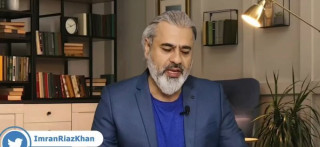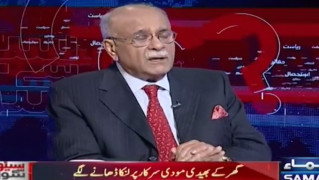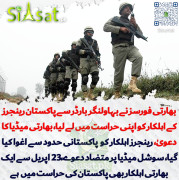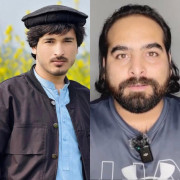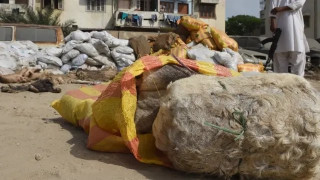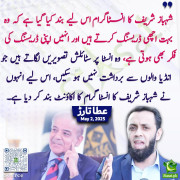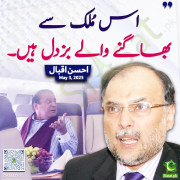hans
Banned
Some of the people (So called Sunni Muslim) who say that democracy has no place in Islam, what they really express is a sense that the word 'democracy' as presented in international discourse appears to be wholly owned by the West. The word itself has, for some, a nuance of cultural imperialism.
However, there is a minority that simply doesn't agree that democracy is right for Islam. "There are people who support the idea that Islam should be an emirate, that there should always be a Dictatorial rulerthe Taliban for example.You do have people who feel that autocracy is inherent to the Muslim system, and some of those people are on the violent side but some of them are not.
Self-government does have some roots in the Islamic world. Historic Muslim societies were more representative than their modern counterparts because the central state was not as powerful. I would argue that Muslim society was a society where communities had some control of their own affairs. There was more decentralization of power. The central government was mainly focusing on issues of law and order or security. There was a lot of liberty for individuals to negotiate many of the norms and rules within their own communities.
Historic mistrust of central authority, bolstered by post-colonial experiences with oppressive central governments, could spark Muslim societies to seek more participatory governments with weaker national authority. Democracy can't be imposed from the top down or from the outside. Definitely outsiders can help. They can apply pressure on dictatorial or authoritarian regimes for example in South Africa, where outside help was essential in fostering a more democratic regime. But I think we have to keep in mind we can't push democracy down the throat of anyone. If we do that it becomes a hated concept. Nobody wants to be forced to be a democratthat's a contradiction in terms.
If such change is to begin I believes that it can only happen through Islam with General People support, making the faith not only compatible but essential for the democratization of Muslim societies.
Part of the problem in societies that have adopted a more hierarchical preference is a need for cultural reform, so that they can become more in line with the Islamic values of equality, freedom of religion, and respect for the individual. Which can be related as truth that Whhabism can not cater. Whhabism contradicts or suppress People voice within its core principles. Suppress all human thoughts and desire, to a point where suppression of human vales stand at a Cross Junction. Human desire stands by cruel definition of Whhabi Mullah selective between God and Devil. That is how right now KSA is dealing its natural humane laws. A cultural change is required, and we know that can't be undertaken without appealing to more fundamental values. That's where religion comes in, where Peoples Islam comes in. It's difficult to imagine the modern West without the Reformation in Europe and it's difficult for me to see a more reformed Middle East without Islam being a big part of that.
However, there is a minority that simply doesn't agree that democracy is right for Islam. "There are people who support the idea that Islam should be an emirate, that there should always be a Dictatorial rulerthe Taliban for example.You do have people who feel that autocracy is inherent to the Muslim system, and some of those people are on the violent side but some of them are not.
Self-government does have some roots in the Islamic world. Historic Muslim societies were more representative than their modern counterparts because the central state was not as powerful. I would argue that Muslim society was a society where communities had some control of their own affairs. There was more decentralization of power. The central government was mainly focusing on issues of law and order or security. There was a lot of liberty for individuals to negotiate many of the norms and rules within their own communities.
Historic mistrust of central authority, bolstered by post-colonial experiences with oppressive central governments, could spark Muslim societies to seek more participatory governments with weaker national authority. Democracy can't be imposed from the top down or from the outside. Definitely outsiders can help. They can apply pressure on dictatorial or authoritarian regimes for example in South Africa, where outside help was essential in fostering a more democratic regime. But I think we have to keep in mind we can't push democracy down the throat of anyone. If we do that it becomes a hated concept. Nobody wants to be forced to be a democratthat's a contradiction in terms.
If such change is to begin I believes that it can only happen through Islam with General People support, making the faith not only compatible but essential for the democratization of Muslim societies.
Part of the problem in societies that have adopted a more hierarchical preference is a need for cultural reform, so that they can become more in line with the Islamic values of equality, freedom of religion, and respect for the individual. Which can be related as truth that Whhabism can not cater. Whhabism contradicts or suppress People voice within its core principles. Suppress all human thoughts and desire, to a point where suppression of human vales stand at a Cross Junction. Human desire stands by cruel definition of Whhabi Mullah selective between God and Devil. That is how right now KSA is dealing its natural humane laws. A cultural change is required, and we know that can't be undertaken without appealing to more fundamental values. That's where religion comes in, where Peoples Islam comes in. It's difficult to imagine the modern West without the Reformation in Europe and it's difficult for me to see a more reformed Middle East without Islam being a big part of that.

